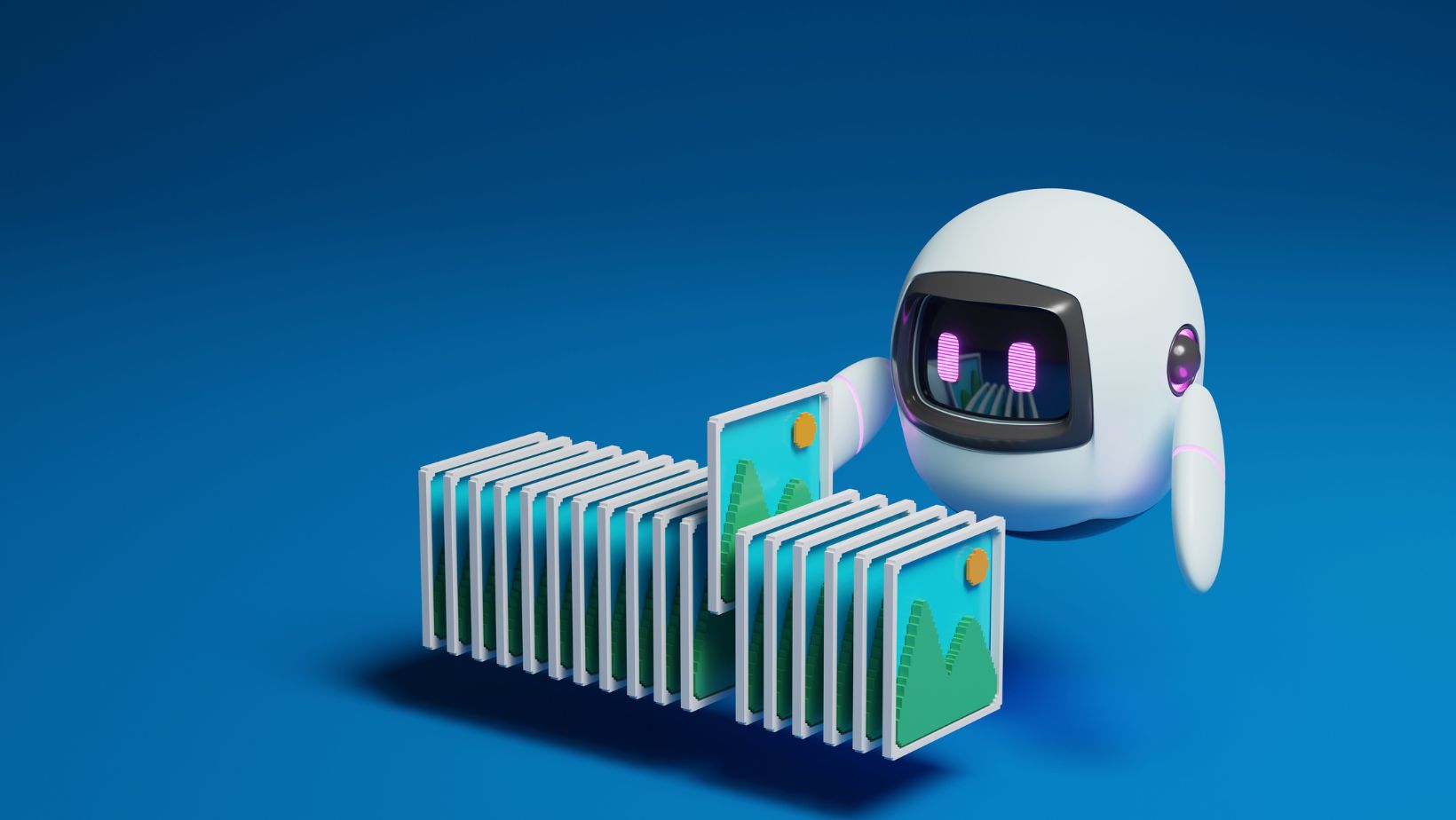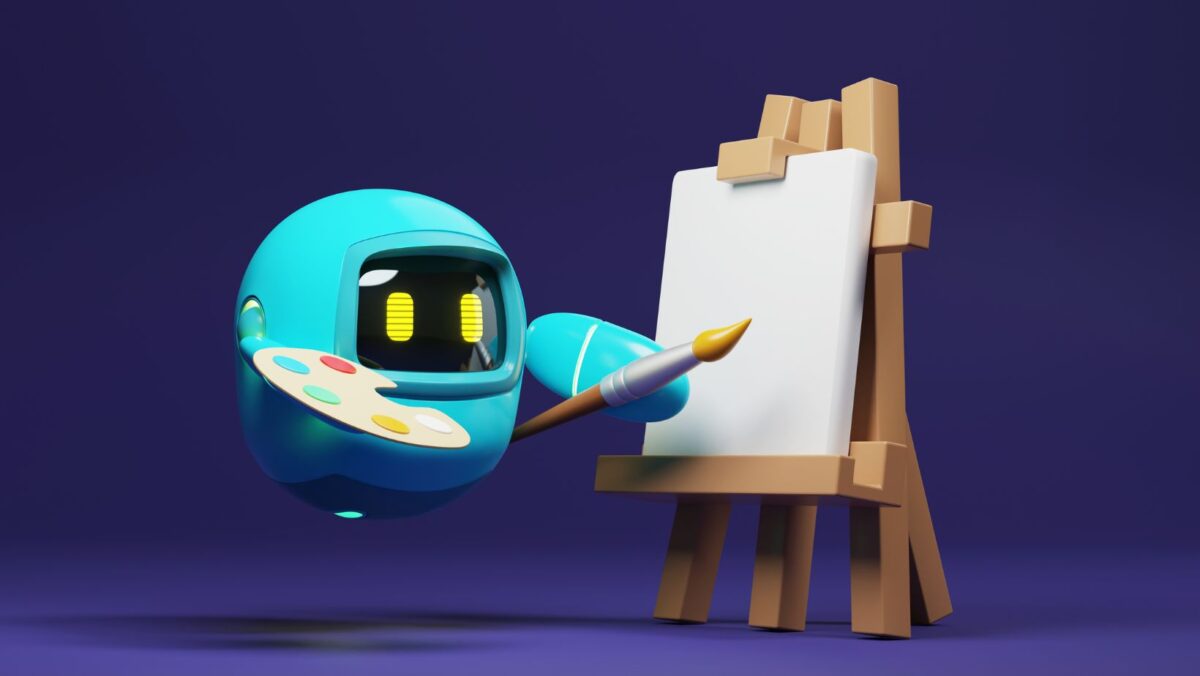Artificial Intelligence (AI) has made remarkable advancements in recent years, raising the question of whether it will eventually replace artists. While AI technology has demonstrated astonishing capabilities in various fields, from chess to language processing, the creative realm poses unique challenges that may not be easily conquered by machines.
It’s undeniable that AI has already had an impact on certain aspects of artistic creation. For instance, algorithms can generate music or paintings with impressive technical proficiency. However, what sets human artists apart is their ability to imbue their work with emotion, personal experiences, and a unique perspective on the world. Art is often a reflection of the human condition, encompassing complex emotions and thought-provoking concepts that may be difficult for AI to replicate convincingly.
Furthermore, art is not solely about the end result; it also encompasses the creative process itself. Artists draw inspiration from their surroundings, engage in experimentation and exploration, and continuously push boundaries. This intuitive and spontaneous approach to creation remains a distinctly human trait that adds depth and authenticity to artistic expressions.
Will AI Replace Artists
While AI may augment certain aspects of artistic production and provide new tools for artists to explore, it seems unlikely that it will completely replace them. The human touch, imagination, and ability to connect emotionally are invaluable elements that cannot be replicated by algorithms alone.
In conclusion, while AI continues to advance rapidly across numerous domains, there are fundamental qualities inherent in artistic creation that make it highly unlikely for machines to entirely replace artists. Rather than replacing them outright, we’re more likely to witness a harmonious collaboration between humans and AI in the realm of art as technology continues to evolve.
The Impact of AI on the Artistic Process
When considering the question of whether AI will replace artists, it is crucial to examine the impact that AI technology has had on the artistic process. While some may argue that AI could potentially replace human artists, I believe that its influence should be seen as a complement rather than a replacement.
One significant way in which AI has impacted the artistic process is through its ability to generate art autonomously. With advancements in machine learning and deep neural networks, AI algorithms can now create paintings, compose music, and even write poetry. This has led to the emergence of new forms of art known as “AI-generated art.” These creations showcase the capacity of AI to produce original works with unique styles and aesthetics.

Furthermore, AI can serve as a powerful tool for artists by enhancing their creative capabilities. Artists can utilize machine learning algorithms to analyze large datasets and gain insights into patterns or trends within their respective fields. This knowledge can then be applied to inform artistic decisions and push boundaries in terms of experimentation and innovation.
Another aspect worth exploring is how AI technology enables collaboration between humans and machines. Artists can use AI-powered tools and software to assist them in various stages of creation, such as generating initial sketches or providing suggestions for color palettes. This collaborative approach allows artists to leverage the computational power of AI while retaining their own creative vision and intuition.
However, it’s important to acknowledge that there are certain aspects of artistry that remain deeply rooted in human experience and emotion – elements that cannot easily be replicated by artificial intelligence. The ability to express complex emotions, convey personal narratives, or capture fleeting moments requires a level of depth and understanding unique to human beings.
In conclusion, while AI has undoubtedly made an impact on the artistic process by generating autonomous artworks, enhancing creativity through data analysis, and enabling collaboration between humans and machines; it is unlikely that it will completely replace artists. Instead, we should view AI as a powerful tool that can augment and amplify the creative potential of artists, ultimately leading to new forms of artistic expression. The Future Role of Artists in an AI-Driven World
In an era where artificial intelligence (AI) continues to advance at a rapid pace, the question arises: will AI replace artists? While it’s true that AI has made significant strides in various creative fields, such as music composition and visual art generation, the future role of artists remains crucial.
Complementing Creativity: Rather than replacing artists entirely, AI has the potential to complement their creativity. For example, AI algorithms can assist musicians by generating melodic ideas or suggesting harmonies based on existing compositions. This collaboration between human artists and AI technology can lead to innovative and unexpected artistic expressions.
Emotional Depth and Interpretation: One area where human artists excel is in conveying emotion and interpretation through their work. While AI algorithms can mimic certain artistic styles or techniques, they often lack the nuanced understanding of human emotions that fuels profound artistic expression. Artists possess a unique ability to infuse their creations with personal experiences, cultural contexts, and societal reflections.
Unleashing Imagination: Imagination is a powerful force that drives artistic creation. While AI algorithms can generate impressive works based on existing patterns or data sets, they struggle when it comes to originality and imagination. Artists have the capacity to break free from conventional boundaries and explore uncharted territories of creativity that captivate audiences with fresh perspectives.
Human Connection: Art serves as a medium for human connection by evoking emotions, provoking thought, and fostering empathy among individuals. Although AI-generated art may be aesthetically appealing or technically proficient, it often lacks the deep emotional resonance that comes from knowing a fellow human being poured their heart into the artwork.

Adaptability and Evolution: The role of artists continually evolves alongside technological advancements like AI integration into creative processes. Rather than being threatened by these developments, artists have an opportunity to adapt their skills by embracing new tools while retaining their unique human touch. This adaptability enables artists to stay relevant and contribute fresh perspectives in an AI-driven world.
Conclusion
In conclusion, while AI has made significant strides in various fields, the question of whether it will replace artists remains a complex and debated topic. After exploring the impact of AI on artistic creation, I believe that rather than completely replacing artists, AI has the potential to enhance their creative process and push the boundaries of what is possible.

